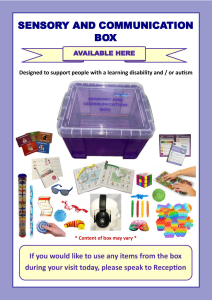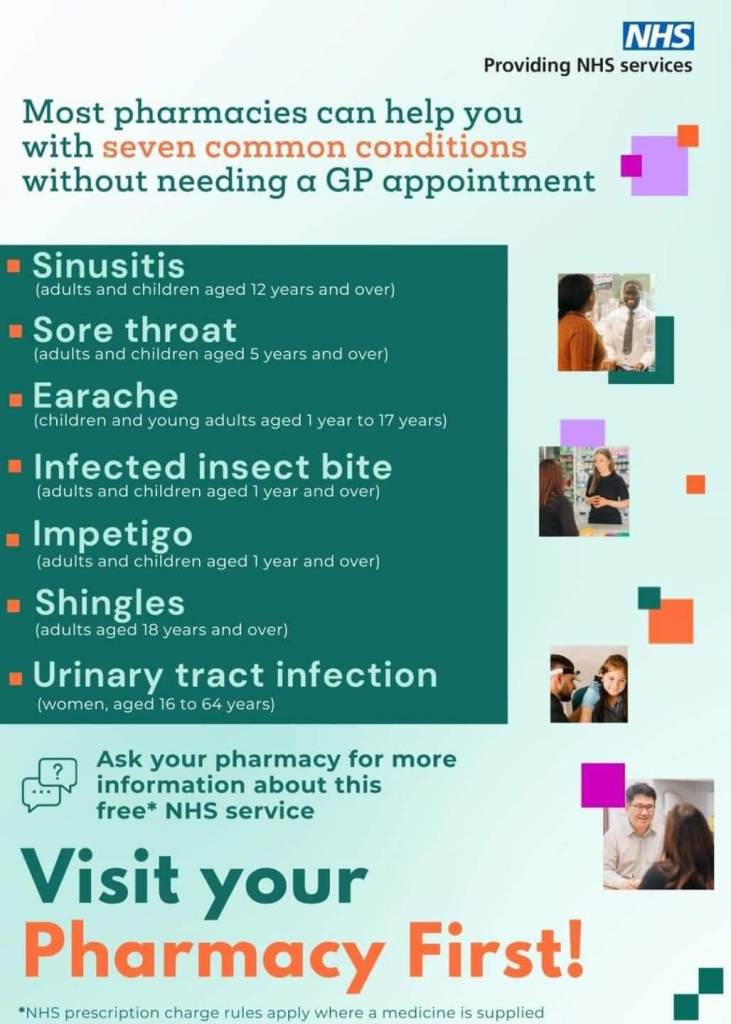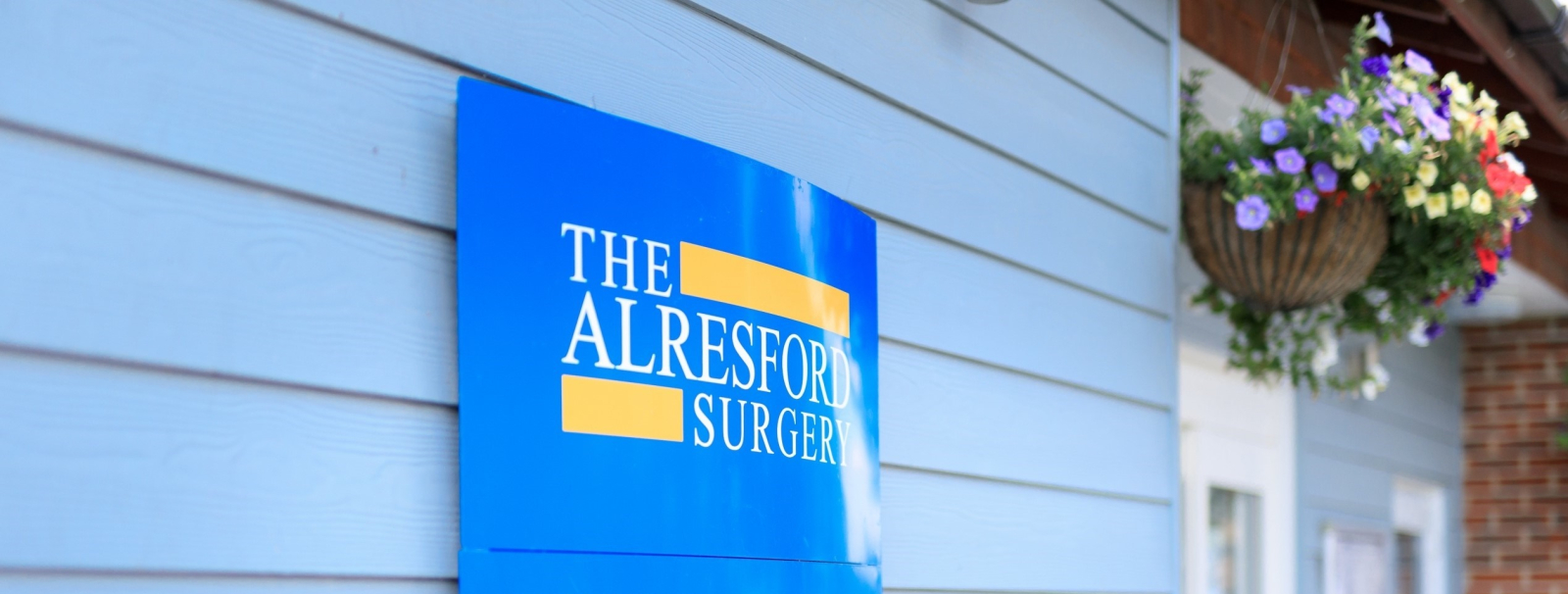Sensory & Communication Box
Did you know that we now have a Sensory & Communication Box available to patients with a learning disability and/or autism?
These boxes have been put together by NHS Hampshire and Isle of Wight.
Please ask at Reception.

You Said – We Listened….. Telephones
We know there hasn’t been a lot of love for our telephone system – lots of you have told us that the queue facility wasn’t good enough and that you frequently got cut off after waiting for over 20 minutes. Looking for a solution to these problems we have been in negotiations with our current telecoms supplier for the last two years. We are now pleased to report that we have negotiated an early release from our contract and commissioned a new system from a new supplier.
Our new telephone system will go live on Friday 17th May 2024 and we have been working hard behind the scenes to get everything set up. We will have engineers here on site with us for the switch over which will take place on Friday morning. This should be seamless with little if any downtime but if your call can wait, we’d really appreciate that.
From a caller’s point of view you may notice several changes. Firstly, you will be told where you are in the queue and if the queue reaches a certain size, or you have been waiting for a while, you will be offered the choice of receiving a call back. This is an automated process which holds your place in the queue and calls you back when you reach the front. From our point of view we will have easy and ready access to data on how busy the phones are and the number of calls waiting.
All incoming and outgoing calls will be automatically recorded and used for training purposes.
Alongside this investment in technology, we are increasing the size of the team handling the calls and we hope both these factors will improve the experience for our patients in their first contact with the surgery.
Pharmacy First - Prescription-only medicines without the need to see a GP


